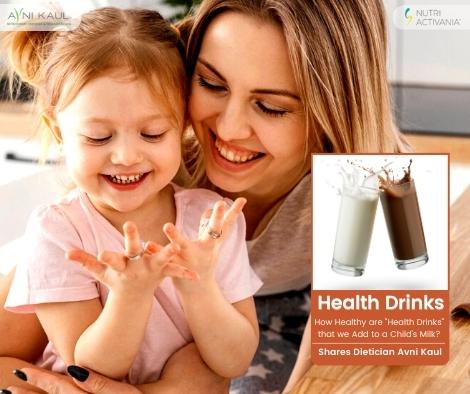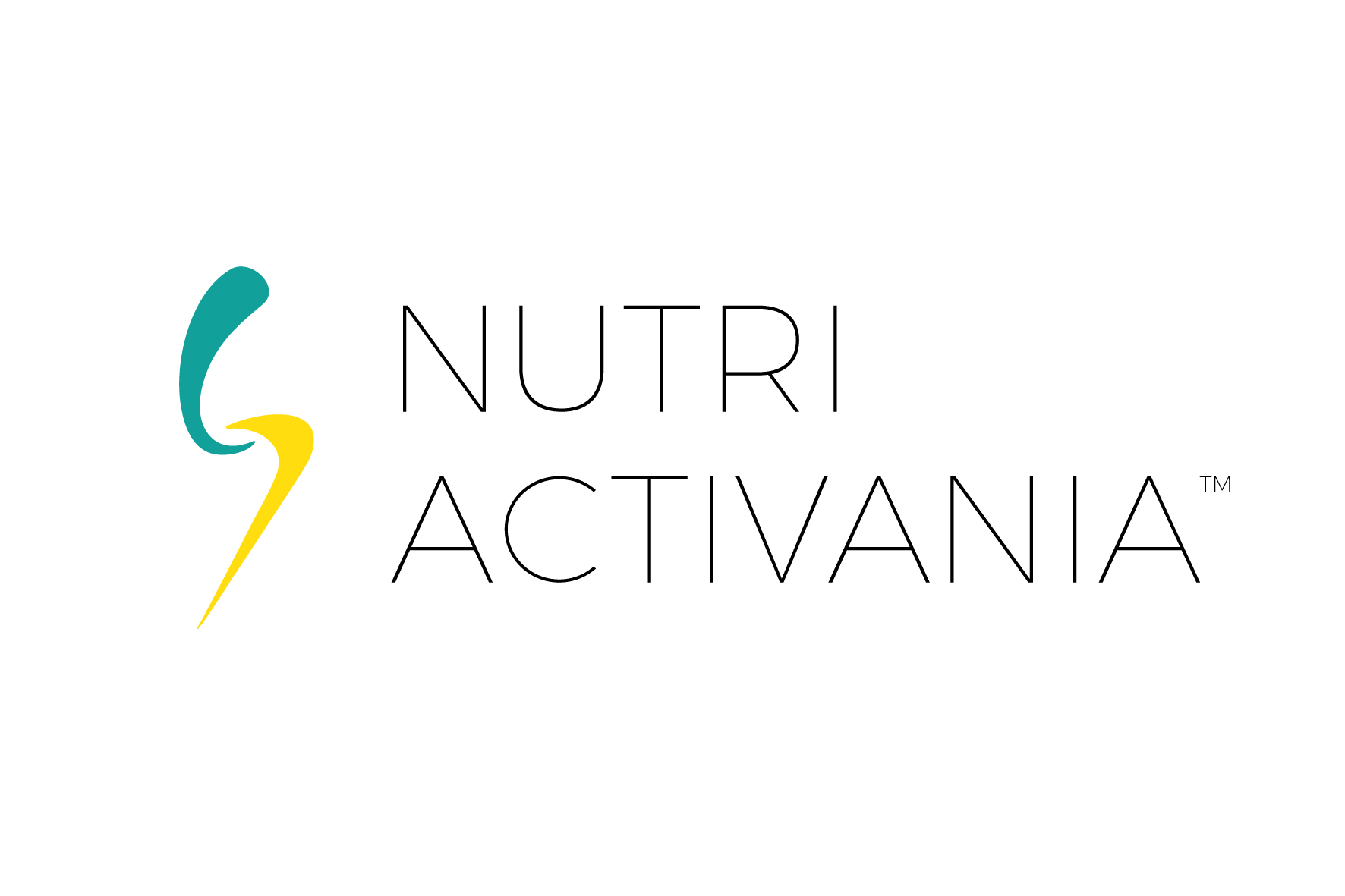When it comes to a child’s health, parents are always looking for ways to boost it. Milk is a great source of nutrition for children, as it is a complete food. But, many children find milk unpalatable. Parents often struggle to get their children to drink milk. So, for picky eaters, health drinks can be an alternative way to ensure children get their essential nutrients. The most pressing question is whether health drinks benefit children. In this article, Delhi’s leading dietician Avni Kaul discusses the topic in detail.

Ingredients matter
Hidden Sugar
Health drinks in India are mostly malt-based. In fact, globally, India is the largest consumer market for malt-based drinks. Malt-based dairy additives were considered a good source of protein, vitamins, and minerals, during Independence when Indian kids struggled with malnutrition. While it is true that malt or germinated cereal grain is fortified with B vitamins, minerals, fibers, and protein, but malt-based health drinks have sugar as the subsequent ingredient, malt being the primary ingredient. Studies reveal that 33g serving of a popular health drink brand, contains nearly 8g of sugar while 20g of another brand contains about 6.5g of sugar. Given the fact that 1g of sugar provides 4 calories, at 8g and 20g, these drinks would provide 32 calories and 26 calories respectively for a single serving. Imagine consuming these drinks more than once along with the regular consumption of sugary junk food and colas. Excessive intake of sugar not only provides empty calories, i.e. calories without nutrition but also leads to obesity, diabetes, heart diseases, poor oral health, and other chronic ailments.
DHA: While certain brands contain this critical omega-3-fatty acid called Docosahexaenoic acid or DHA which is critical for brain development, the amount present in malt-based health drinks is usually insufficient. Since the Indian diet is usually deficient in this acid, any amount of it supplementing it with the help of such drinks can be beneficial.
Micronutrients: One good thing about these health drinks is that they contain micronutrients such as vitamins and minerals, which are essential in small quantities for the proper functioning of the body. They help to boost energy levels and strengthen the immune system. They also help the body to absorb other nutrients from food more efficiently.
Pros and Cons of health drinks
Studies have shown that as children age, their intake of micronutrients decreases. Hence these health drinks make up for nutritional deficiencies in growing children. Just a spoonful or two of health drinks can enhance the texture and flavor of a regular glass of milk. Prebiotics and probiotics present in these drinks improve gut health and prevent constipation in children. All health drinks are a source of proteins, which are the building blocks of the body. However, despite their goodness, health drinks are not a substitute for a balanced diet. They contain harmful preservatives, artificial colors, and flavors that will affect a child’s health in the long run. Some of them also contain inexpensive ingredients like soy, peanuts, and maltodextrin. Maltodextrin can cause digestive problems in children. The high sugar present in these drinks inhibits the absorption of Vitamin D and calcium which can lead to poor bone health.
Conclusion
While it is true that most health drinks claim to make your child taller, sharper, and stronger. However, doctors believe the amount of protein, calcium, and other nutrients contained is insufficient for the proper growth of children. Health drinks are not a substitute for a balanced diet and should not be consumed excessively. Consult a doctor or nutritionist before giving health drinks to children. Check the label to make sure the ingredients match your doctor’s prescription.
- Is It Safe to Eat Mango If You Have Diabetes? - April 30, 2024
- Amazing Indian Foods to Lower Your Blood Pressure Level Naturally - April 26, 2024
- Fruits That Can Help You Lose (or Maintain Your) Weight - April 23, 2024
